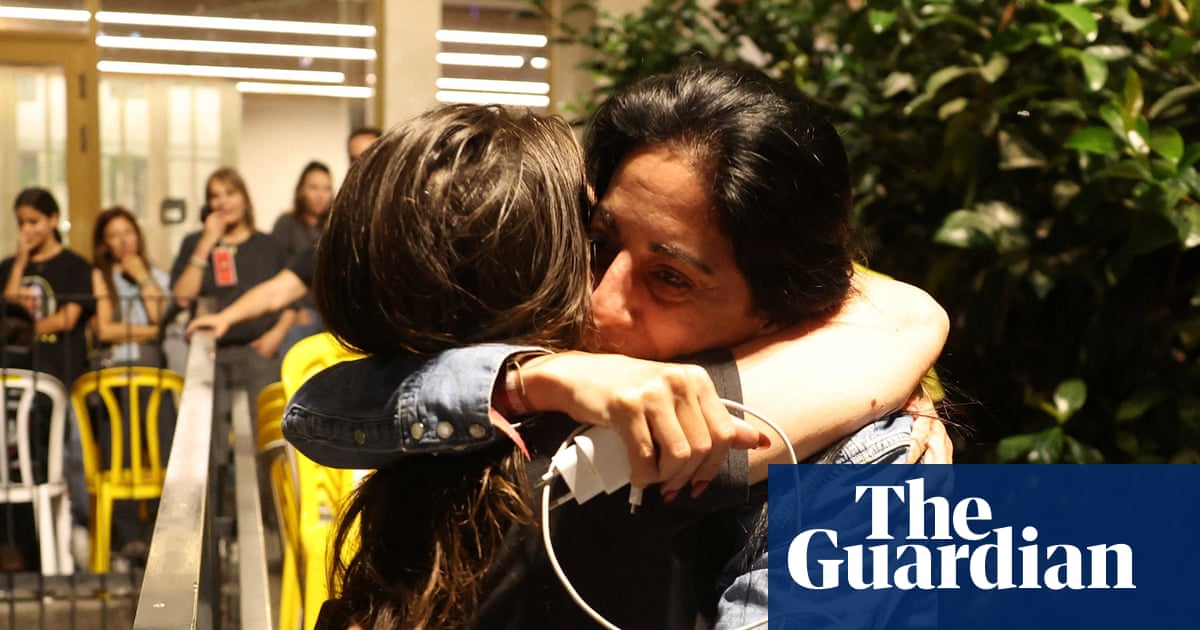Last week, during an event at the National Press Club, Maryland Gov. Wes Moore quoted a common rule for governors: “If you have not faced a tragedy," Moore said, "just give it a second. Yours is on its way.”
Moore’s tragedy was the Key Bridge collapse last year, he said. Utah Gov. Spencer Cox, sitting next to Moore, shook his head and offered his condolences. "I haven't had to face anything quite like that,” Cox noted.
That tragedy for Cox came Wednesday afternoon, when conservative activist Charlie Kirk was fatally shot on the campus of Utah Valley University in Orem, Utah, thrusting Cox’s state into the national spotlight. The Utah governor offered a forceful rebuke Wednesday evening, calling it a “political assassination” and vowing justice against the killer.
But he also made an emotional plea, noting the assassination of a Democratic Minnesota lawmaker and her husband in June and the attempted killings of Pennsylvania Gov. Josh Shapiro, a Democrat, and President Donald Trump. “Our nation is broken,” he said, pleading that “all of us will try to find a way to stop hating our fellow Americans.”
Cox, the second-term Republican governor of Utah, has made such efforts at depolarization the central theme of his governorship. As chair of the National Governors Association, his initiative — “Disagree Better” — focused on building cross-aisle collaboration with blue states. He partnered with Moore and other Democratic governors on solutions to issues from teenage social media use to housing.
He is so seriously committed to the cause that after the Butler assassination attempt last year, despite years of criticizing Trump, Cox endorsed him — committing to "help (Trump) try to lower the temperature in this country," Cox explained.
The Kirk killing Wednesday, though, posed the largest trial yet for Cox’s vision — and made Cox’s state the epicenter for the political divide he has long warned against.
“It's going to be a challenge, but an important one, to lead out to say, ‘This is not Utah, this is not the Utah way, this is not the American way,’” said Maury Giles, CEO of Braver Angels, a New York-based nonprofit that works to bridge partisan divides.
Wednesday’s shooting occurred as the 31-year-old Kirk addressed thousands of onlookers during the first stop of a planned nationwide tour of college campuses. Kirk, sitting under a tent that read “Prove Me Wrong” and engaging in debate with ideological and political rivals, was shot in the neck midway through the event. The thousands of attendees, including children, fled in horror. Trump announced Kirk’s death later Wednesday afternoon.
In an act of caution, Utah Highway Patrol officials were dispatched to the homes of prominent Utahns in the vicinity, including former Gov. Gary Herbert, who lives near the Orem campus and has an office at the university.
“I think the jarring part was it happened in our own backyard,” Herbert, a Republican, said. “I think we expect more from ourselves than what we saw today.”
“It's clearly not the Utah way,” added Sen. John Curtis (R-Utah) on CNN on Wednesday evening.
The “Utah way,” as Cox frequently puts it, is “disagreeing better, not disagreeing less.”
Cox’s tenure as National Governors Association chair, which ended last year, carried that message to the national stage, where Cox led in forging partnerships with national nonprofits and Democratic statewide leaders.
“I just realized that we can’t solve any of the biggest issues if we all hate each other,” Cox told POLITICO last year. “And I’m deeply concerned about the polarization in our country and our inability, especially in Congress, to work together and solve problems.” To Cox, it is as much a religious effort as a political one: He credits the teachings of Russell M. Nelson, president of Cox’s faith, The Church of Jesus Christ of Latter-day Saints, as his inspiration.
Tami Pyfer, co-creator of the Dignity Index, a tool for analyzing the contemptuousness of political rhetoric, said Wednesday’s act of violence was “sickening” and a reminder that her mission is still very much incomplete.
“It's discouraging to look at the work that so many bridge-building organizations are doing across the country, literally hundreds of groups addressing this problem — we’re working our hearts out,” Pyfer said, her voice breaking. “We’re working our hearts out to try to turn a corner on this.”
Pyfer, like Giles, is a Utah resident, and has worked closely with Cox on depolarization efforts. Both applauded Cox’s speech Wednesday night, as did Scott Howell, a former Democratic state senator and Utah minority leader.
"Spencer really did hit the point,” Howell said. “It would have been so easy for him to have said, ‘Democrats are the dregs of the earth’ or whatever. I give him big kudos. I really do.”
Cox’s message was one of peacemaking. “If anyone in the sound of my voice celebrated, even a little bit, at the news of the shooting, I would beg you to look in the mirror and to see if you can find a better angel in there somewhere,” Cox said Wednesday.
“I don’t care what his politics are,” Cox added about Kirk. “I care that he was an American.”
Herbert — who said Cox’s speech was “outstanding, considering the circumstances” — said his former lieutenant governor’s biggest challenge lies ahead.
“The question, ultimately, is how effective is what we say?” Herbert said. “How does it impact what we do?”

 German (DE)
German (DE)  English (US)
English (US)  Spanish (ES)
Spanish (ES)  French (FR)
French (FR)  Hindi (IN)
Hindi (IN)  Italian (IT)
Italian (IT)  Russian (RU)
Russian (RU) 























Comments